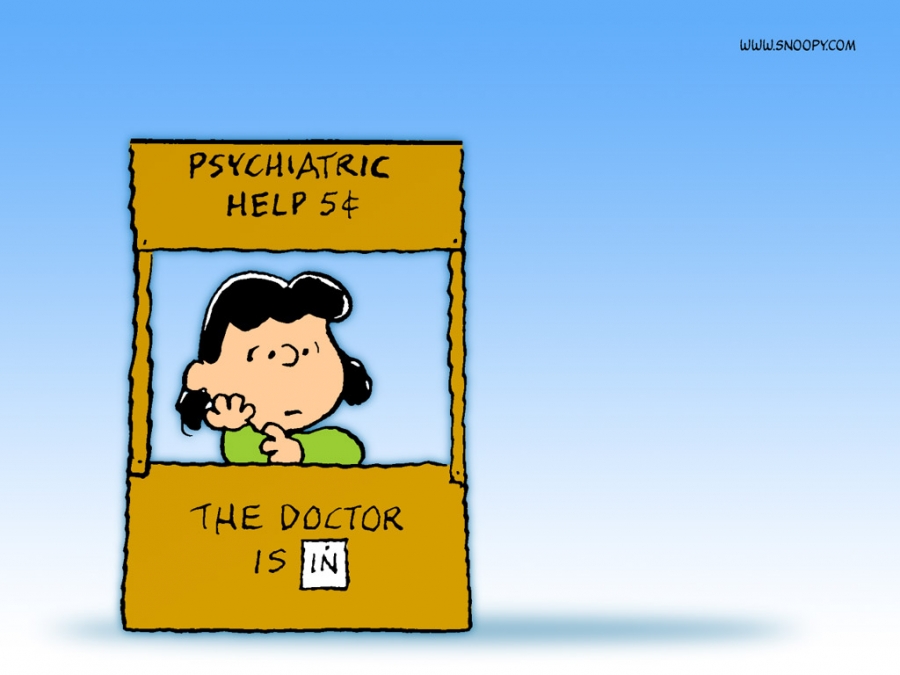
What is a Psychiatric Evaluation?
A psychiatric evaluation is, in its simplest terms, an evaluation designed to diagnose emotional, behavioral, or developmental conditions or disorders.
The initial evaluation will explore many aspects including developmental history, medical history, family history, social and environmental influences, academic/work concerns, and emotional and cognitive (thinking) strengths and weaknesses.
Each psychiatrist has his or her own system for the initial evaluation and an absolute diagnosis may not be made in the first visit.
Depending on who is being evaluated – child, adolescent, or adult – there are different components involved in the psychiatric evaluation.
For example, the evaluation of a child may consist of an initial session with parents without their child prior to the child’s first individual session, or it could be a session with the parents and child together. An adult evaluation, however, may consist of one long session that ends with a clinical formulation and recommendation.
Structure of the Psychiatric Evaluation
While this is dependent on the individual psychiatrist and his or her expertise, the following are topics that will likely be covered in a psychiatric evaluation prior to making a clinical formulation and recommendation.
- Individual History
- History of the Problem
- Family History
- Substance Use
- Developmental History
- Medical History
- Social History
- Mental Status
The Difference Between Psychological Evaluation and Psychiatric Evaluation
Psychiatrists are medical doctors (MDs) that specialize in the pharmaceutical/biological treatments of psychiatric illnesses as well as their psychological and social aspects.
Psychologists, on the other hand, are doctors of philosophy (PhDs) that specialize in the analysis/understanding of and treatment through therapy, the behavioral, psychological, and sociological aspects of psychiatric conditions.
Actually, the suffix “-iatry” means “medical treatment” while the suffix “-logy” means “science” or “theory.”
As medical doctors, psychiatrists in North Carolina can prescribe medications and other medical interventions, while psychologists cannot.
Whether a psychologist or psychiatrist is right for you or your loved one is based on the specific needs of the individual.
Note: 3-C Family Services is composed of psychiatrists and psychologists. To find out which is right for you, contact us or meet our clinicians.



